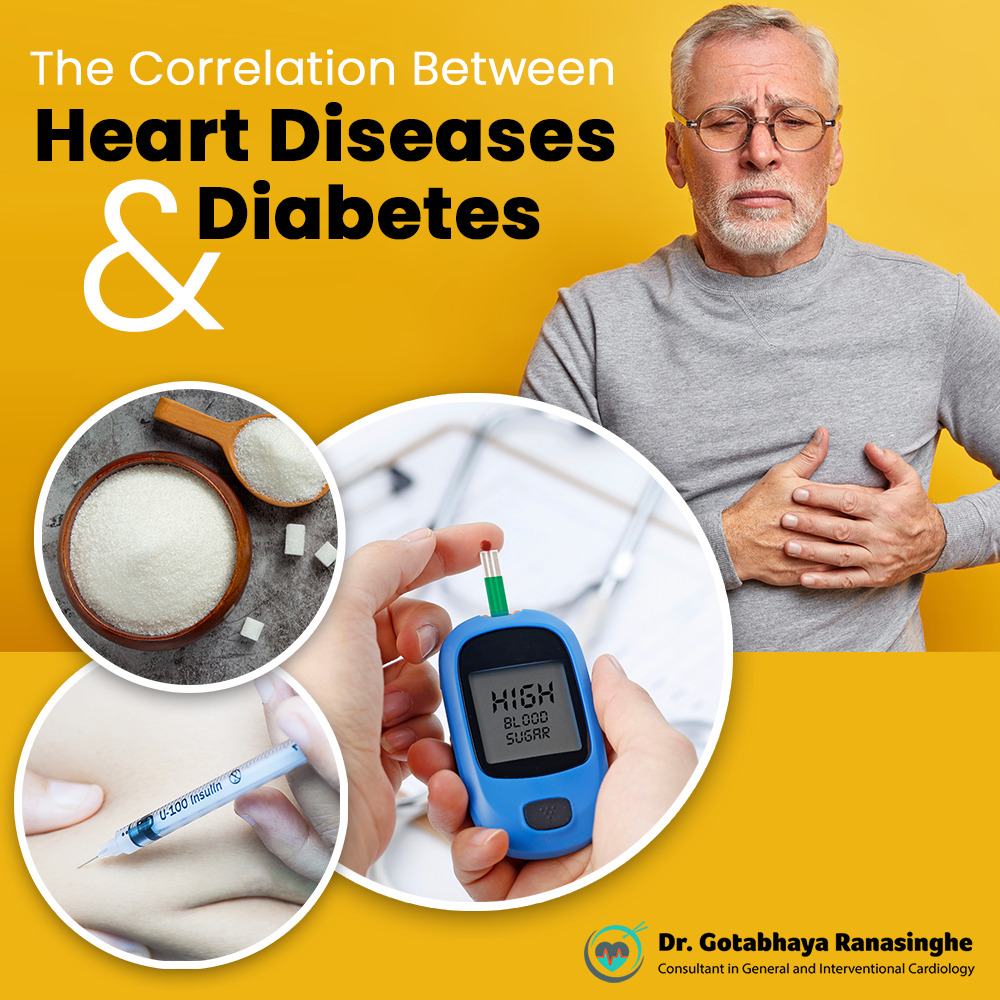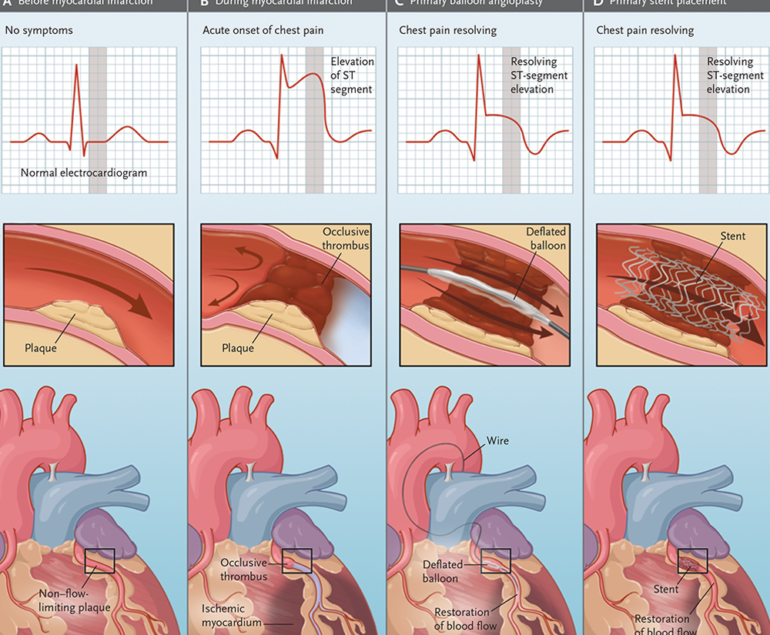The Correlation Between Hears Diseases & Diabetes
There are over 463 million people worldwide living with diabetes, with the majority of the disease burden in low and middle-income countries. In Sri Lanka, 1 in 11 adults currently suffers from diabetes, with almost 14.1% of deaths in the region attributable to diabetes and its related complications. For patients living with diabetes, access to affordable care and support to manage their conditions is critical to their survival. This year’s theme for World Diabetes Day, “Access to Diabetes Care”, takes on a holistic view of patient care.
A major cause of diabetes among Sri Lankans is the unhealthy eating patterns. A majority of households and individuals in Sri Lanka over-consume food rich in carbohydrates for all three meals. Rice is well known as one of the staple food items in Sri Lankan households. Bread is another popular food choice rich in carbohydrates.
Furthermore, people tend to show addiction towards fast food and beverages with high sugar levels due to the growing fast food industry. All of which are major causes of this disease. The per capita consumption of sugar in 2019 stands was 27.91 kg and the per capita consumption of carbohydrates through Wheat and rice was 78.78 kg’s, which is highly concerning, to say the least.
Diabetes also poses a great threat as one of the main contributors to heart diseases in Sri Lanka. Many heart disease cases are directly linked to the increase in diabetes levels among people. More than 50% of patients with heart diseases also usually have diabetes. Furthermore, more than 50% of patients with diabetes develop heart disease. Thus, diabetes can be identified as one of the major contributors to heart diseases, and heart attacks in Sri Lanka, something which I have personally seen.
Leading a healthy lifestyle is the most effective way to beat diabetes. You can simply try by maintaining a healthy weight, engaging in regular physical activity and following a healthy diet. As a medical professional, I strongly recommend at least 45 minutes, 5 days per week of physical activity for an adult. People should switch to more healthy food choices including food such as vegetables, natural fruits, whole grains, food containing healthy fats and proteins. Food items rich in carbohydrates and sugar must be minimized as much as possible.
If a person is diagnosed with this unfortunate disease, one would need a continuous supply of medication, monitoring and access to care throughout their life as there is no cure for this. To prevent the development of severe and fatal complications such as heart diseases, strokes, blindness and kidney failure. Many people with diabetes need oral medicines or insulin to manage their condition. In Sri Lanka, most patients are fortunate to be provided with these medications free of charge. Blood glucose monitoring is a fundamental component of diabetes care, yet in a low-resource setting such as Sri Lanka, many patients lack access to the equipment and supplies required for regular monitoring of their blood glucose levels. Free and discounted monthly, quarterly and annual laboratory tests through the Diabetes Association of Sri Lanka and at public hospitals help patients to monitor the progression of their disease and assess related complications.
People living with diabetes must also have access to healthy food and be provided safe places to exercise, both of which are fundamental components of diabetic care and prevention. Even with a family background of diabetes, a diagnosis of the disease can have a significant impact on a patient’s life. Therefore, in addition to all other aspects of care, mental health needs must not be neglected and counseling and support groups must be developed to help patients with diabetes to cope with this lifelong adjustment.




